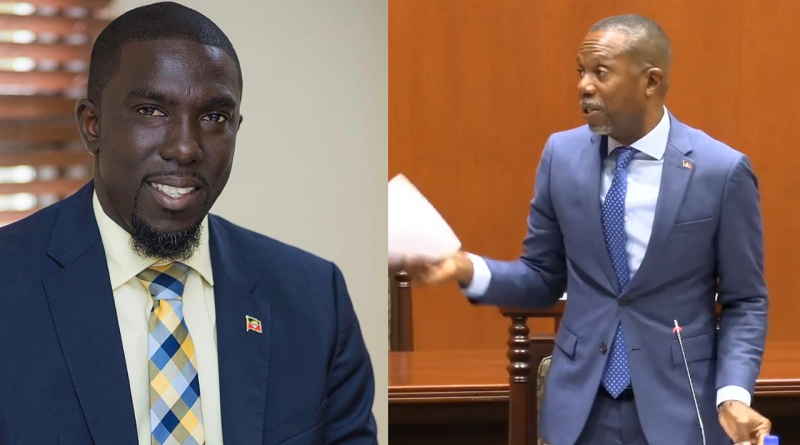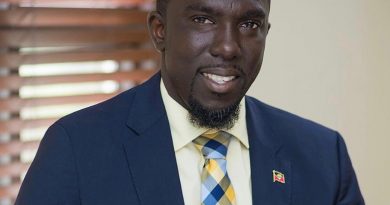Pringle and Walker chide Browne Administration for five years’ overspending while ignoring constituency and workers’ needs
Even with the amount of money the Browne Administration overspends annually, Opposition Leader Jamale Pringle says that none is being spent on his constituency.
Pringle made this observation during Tuesday’s debate on the Supplementary Appropriations Bills for the past five years – all of which were passed at the same time.
Pringle says he understands that government spending will often exceed its annual budget. Further, he acknowledges the strain put on the healthcare system by COVID-19, as noted by Finance Minister Gaston Browne.
However, the Opposition Leader points out that the supplementary appropriations in question were for the pre-pandemic period of 2015 to 2019.
Accordingly, in the interest of transparency, Pringle is calling on the Administration to provide more information on how the money was spent.
Meanwhile, Pringle complains that he is not seeing a fair share of government spending in his constituency, All Saints East and St. Luke. And although the Government brings in more money annually, he says, the infrastructure in his constituency remains poor.
The Opposition Leader also notes that some of the Government’s income could have been spent on workers’ back pay and overtime, and to deal with many other issues impacting public-sector employees.
If, after presenting a budget, the Administration can find additional money for other things, then it can find the money to pay disgruntled workers, Pringle says.
Meanwhile, Barbuda MP Trevor Walker is also chastising the Browne regime for the amount it overspent on an annual basis.
Although officials seem to believe this is the normal way of running government, Walker says that supplementary appropriations ought not to be a regular occurrence. Instead, he says, budgets should be presented with priorities and realistic expenditure and revenue.
He tells the Administration that Government is not expected, every year, to present the Parliament with supplementary appropriations for $200 million.




